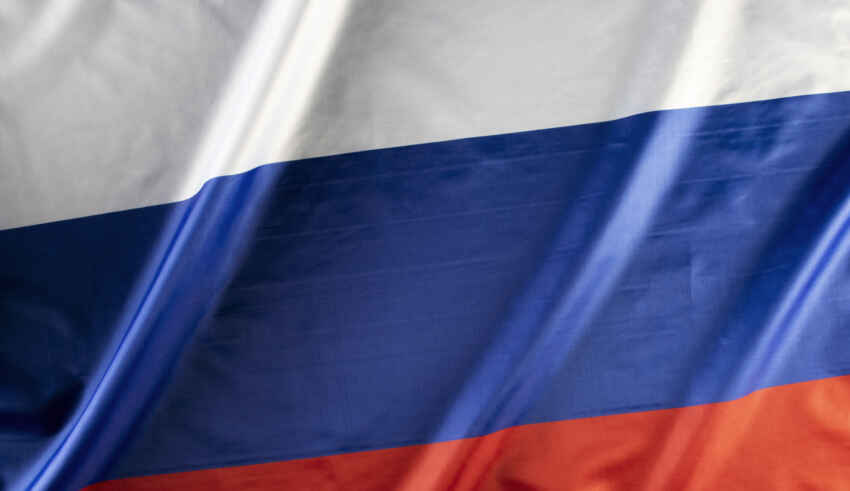
Background
Finland has closed its border crossings with Russia following a surge in migrants coming into Finland, an operation which Finnish authorities say is backed by Russia and which they consider to be a tactic of hybrid warfare. This situation is being qualified as hybrid warfare as the intentional redirection of migrants which Moscow is accused of, has as aim to destabilise the country. The borders will remain closed until the 13th of December, after which the decision will be re-evaluated. This unprecedented move is a peak in Finland-Russia tensions, a relation which has become increasingly strained in the past two years.
What are the underlying tensions between the two countries?
Tensions between the two countries have been high following Russia’s invasion of Ukraine, the subsequent sanctions and mostly Finland’s NATO membership in April of this year, perceived as a provocation by Russia. The channelling of migrants to Finland is then also perceived as retaliation against Finland’s membership to the intergovernmental military alliance.
What are the potential implications of a closed border between Finland and Russia?
While Russia has pushed aside any allegation of implication or wrongdoing, it has commented that if troops are being stationed at the border, this would clearly be perceived as a threat to Russia. Such comments follow a declaration made by Poland stating that they are prepared to advise and assist Finland at its border should the migrant influx continue. Poland’s positioning in this bilateral dispute undoubtedly adds fuel to the fire. This is only increased as Estonia has said it would follow in Finland’s footsteps if the situation continues. The potential involvement of multiple European states signals an additional strain on Euro-Russian relations. Moreover, the closing of borders raises humanitarian concerns as the asylum seekers looking to come into the European Union are often ill-equipped for the winter-conditions and at risk of not having their requests processed.
The closing of borders and the impact it has on asylum-seekers is the latest display of hostility between Russia and Europe. While the decision by Finland may be perceived as a cumulation of tensions in the past two years, Finland and Russia should aim to solve this as an isolated event through diplomatic channels, wary of the humanitarian implications a further escalation of the situation could have. The fact that Finland decided that it would only be closing its borders for two weeks and then re-evaluate indicates that it likely wants to contain the situation at the border but also send Russia a clear message.
By The European Institute for International Law and International Relations















